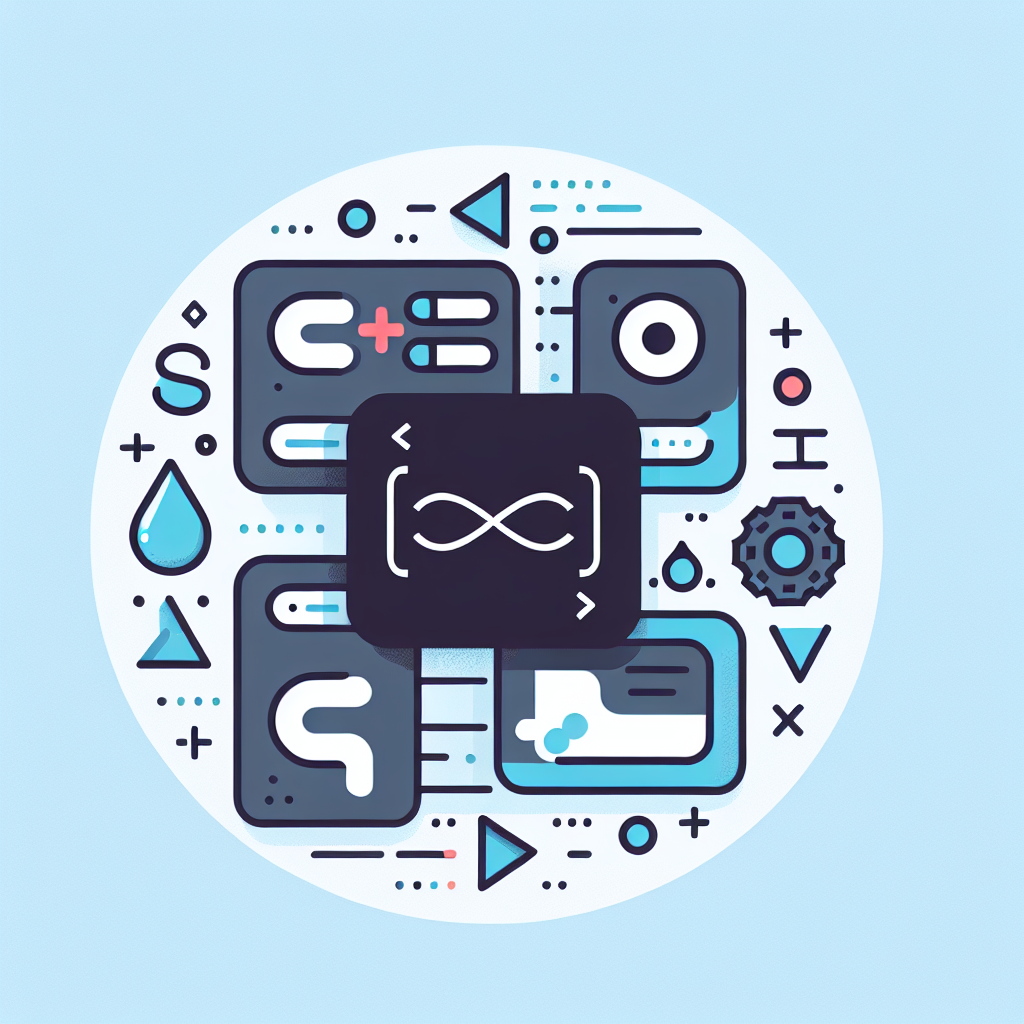Convert C++ to Scala Effortlessly | Powerful Tool
Effortlessly convert C++ to Scala with our powerful tool. Enhance coding efficiency and streamline projects with seamless language translation. Try now!
Source Code
Converted Code
Output will appear here...
Transform your C++ code into Scala effortlessly with our C++ to Scala converter. This powerful tool streamlines the migration process, enhancing code readability and maintainability while leveraging Scalas functional programming features. Ideal for developers transitioning to Scala, it supports seamless interoperability and boosts productivity in modern software development.

C++ to Scala Conversion Tool Link to this section #
Enhance your software development experience by seamlessly transitioning from C++ to Scala with our advanced conversion tool. Designed for developers and engineers, this tool simplifies the process of translating C++ code into Scala, ensuring efficient and accurate results.
Key Features Link to this section #
- Automated Conversion: Streamlines the translation of complex C++ constructs into Scala, preserving code logic.
- Type Safety: Leverages Scala's strong type system to enhance code robustness and reduce runtime errors.
- Syntax Mapping: Converts C++ syntax to Scala's more expressive language features, including pattern matching and higher-order functions.
How It Works Link to this section #
- Input C++ Code: Paste your C++ code into the tool's input area.
- Process: The tool analyzes the C++ syntax, semantics, and constructs.
- Output Scala Code: Get the equivalent Scala code ready for integration into your projects.
Example Conversion Link to this section #
C++ Code: Link to this section #
#include <iostream>
int main() {
int sum = 0;
for (int i = 0; i < 10; ++i) {
sum += i;
}
std::cout << "Sum: " << sum << std::endl;
return 0;
}
Equivalent Scala Code: Link to this section #
object Main extends App {
val sum = (0 until 10).sum
println(s"Sum: $sum")
}
Benefits of Using Scala Link to this section #
- Concurrency: Scala's actor model and Akka framework offer superior concurrency handling compared to C++'s threading.
- Functional Programming: Combines functional and object-oriented paradigms, enhancing code modularity and reusability.
- Interoperability: Seamlessly integrates with Java libraries and frameworks, expanding your development toolkit.
For more insights into Scala's capabilities, consider exploring resources like Scala's official documentation or Akka's website.
Use Cases Link to this section #
- Legacy Code Modernization: Transition legacy C++ applications to a modern, scalable architecture using Scala.
- Cross-Language Projects: Facilitate interoperability in projects requiring both C++ and Scala components.
Embrace the future of programming by leveraging the power of Scala. Transform your C++ code efficiently and elevate your development workflow with our C++ to Scala conversion tool.
Frequently Asked Questions
What are the main differences between C++ and Scala?
C++ is a statically typed, compiled language known for its performance and system-level programming capabilities. It supports both procedural and object-oriented programming paradigms. Scala, on the other hand, is a statically typed, JVM-based language that combines object-oriented and functional programming. It is often used in big data processing and is known for its concise syntax and interoperability with Java.
How can I migrate a project from C++ to Scala?
Migrating a project from C++ to Scala involves several steps: understanding the application architecture, identifying components that can be translated directly, and those that need a different approach due to language paradigm differences. Start by rewriting core modules, taking advantage of Scala's functional programming features. Testing each module as you proceed is crucial. Consider using tools to facilitate integration with existing Java libraries for parts of the system that don't require a complete rewrite.
Why should I consider using Scala over C++?
Choosing Scala over C++ depends on your project needs. Scala offers functional programming capabilities, concise syntax, and seamless integration with Java, which can significantly increase developer productivity and maintainability for certain applications, especially those involving concurrent and distributed systems. If your project involves heavy computational tasks and real-time performance is critical, C++ might be more suitable due to its close-to-metal performance and optimization capabilities.